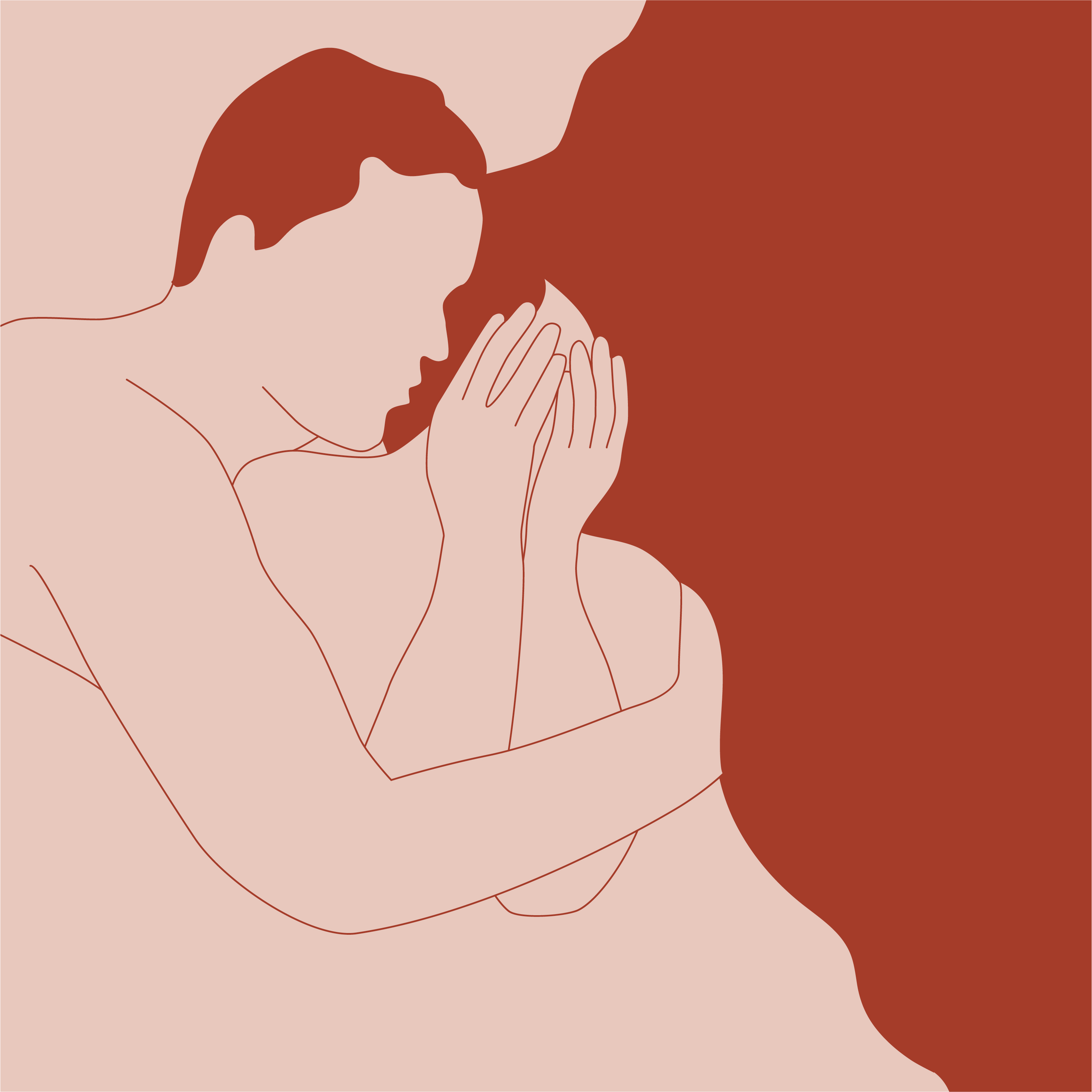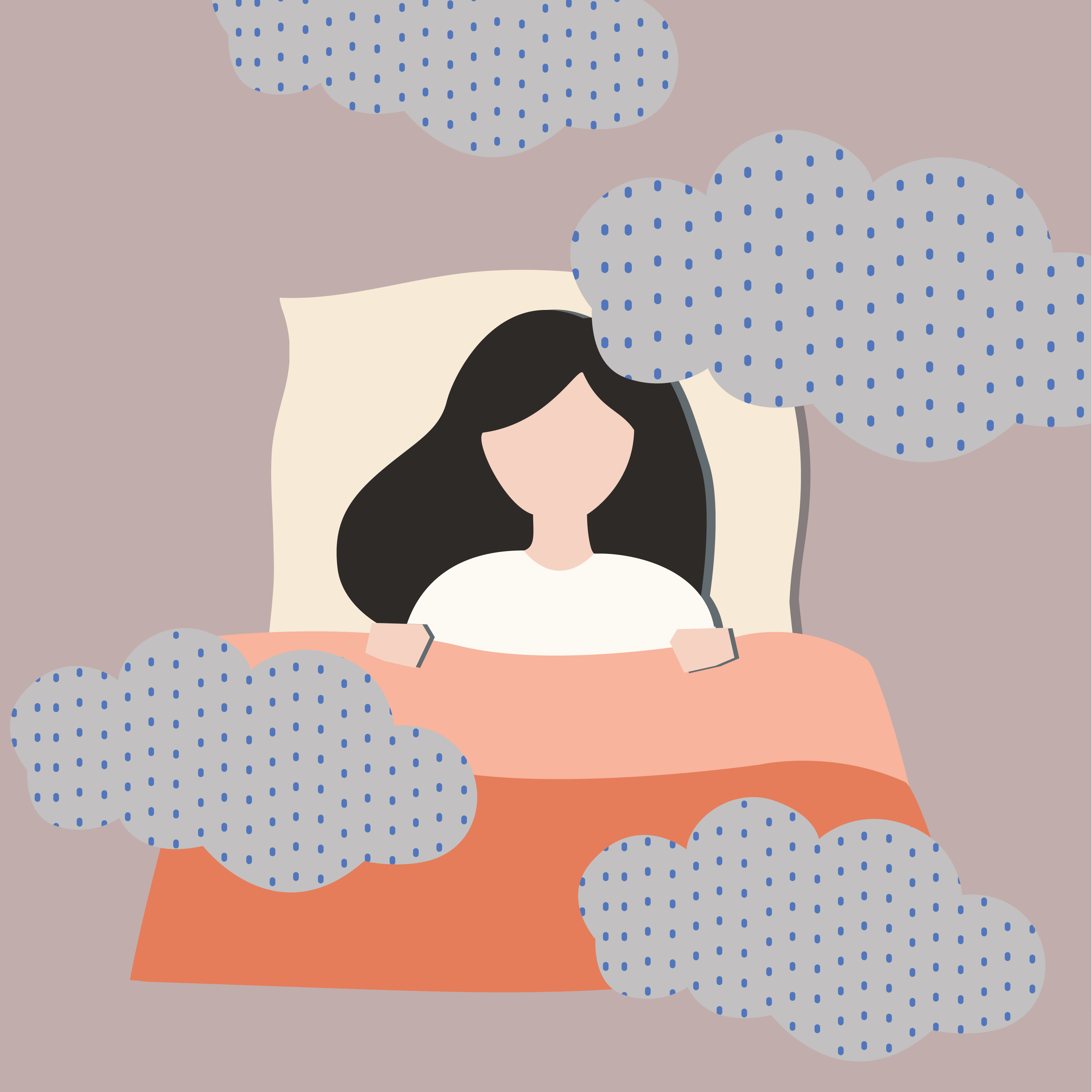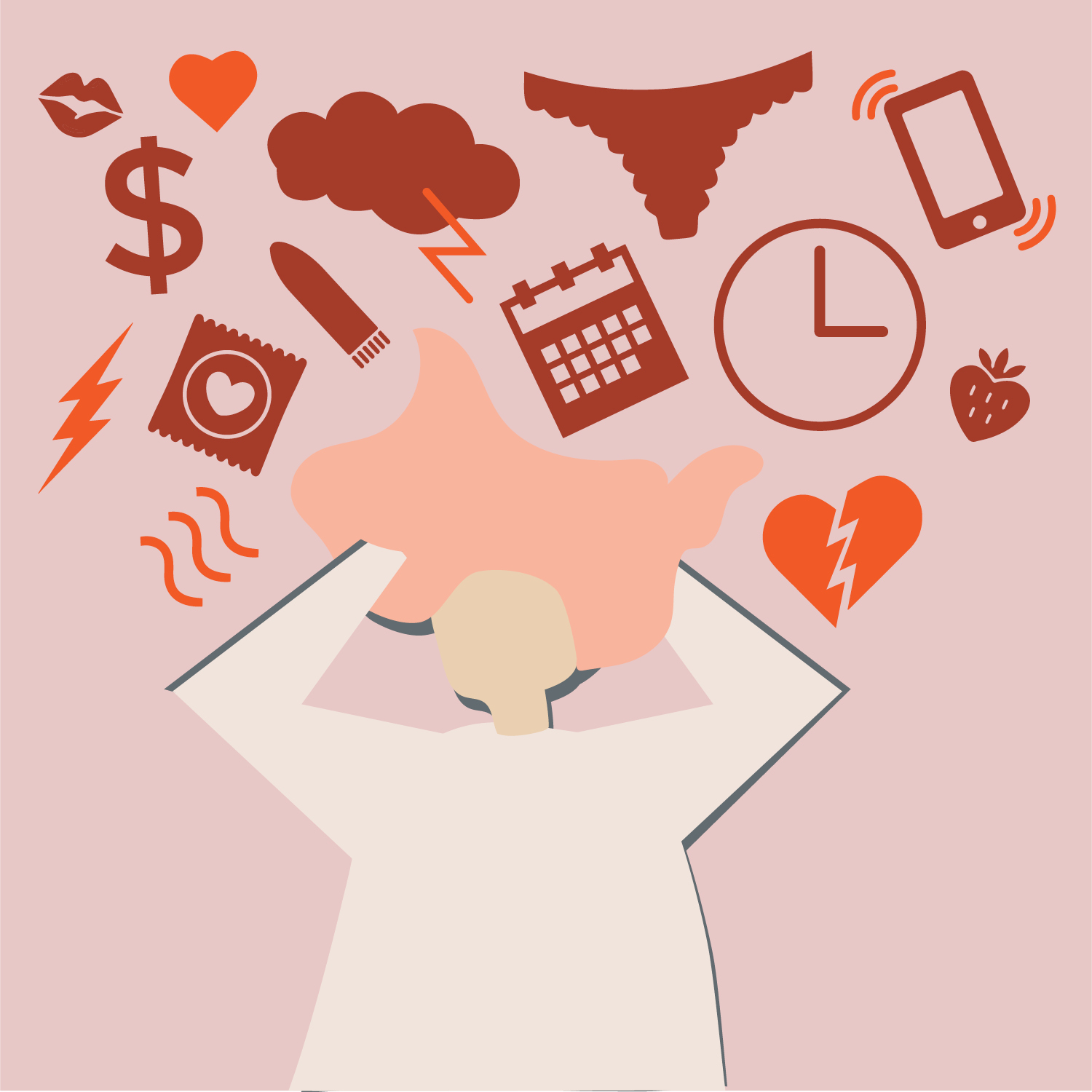Jun 03, 2025
NAVIGATING MENSTRUAL CHANGES POST-CONTRACEPTIVE USE
Deciding to stop using birth control is a big step, whether it's for family planning, health reasons, or simply because you're ready to try a different approach. One of the biggest changes you might notice when you stop taking birth control is a shift in your menstrual cycle. For many, the question of does your period change when you stop taking birth control is top of mind. Let's dive into what happens when your body adjusts to life without hormonal contraception and how you can manage any changes that arise.
What Happens When You Stop Birth Control?
When you're on birth control, your body gets used to the steady hormones that help control your menstrual cycle. Whether you’re using the pill, patch, or IUD birth control, each regulates your cycle in different ways, often leading to lighter, more predictable periods. But when you stop, your body must adjust to functioning without those hormones, and this can lead to a range of menstrual changes.
For some, the return to a natural cycle is smooth. For others, it can take a little longer for everything to balance out. And while the changes are usually temporary, it’s helpful to understand what might happen.
Common Changes
Here are some common menstrual changes you may experience once you stop taking birth control:
Irregular Periods
The most common change you’ll notice is an irregular cycle. It might take a few months for your body to re-establish its natural rhythm. Some people experience cycles that are longer, shorter, or more erratic than before. This is all part of your body’s adjustment to fluctuating hormone levels.
Heavier Periods
If you’ve been used to lighter periods, you might find that your flow becomes heavier after discontinuing contraception. This can feel overwhelming, especially if you’ve been accustomed to the convenience of light or absent periods.
Increased Cramps
Many people report more intense cramps after stopping birth control, particularly if they were using a method that suppresses ovulation (like the pill). As your body resumes ovulation, you might experience more noticeable pain and discomfort during your period.
Spotting
Spotting between periods can also be a common occurrence when you stop taking contraceptives. Your body might release small amounts of blood at random times before your cycle regulates itself. While this can be frustrating, it’s usually temporary.
Why Do These Changes Happen?
Understanding the causes of menstrual changes can help ease any anxiety you may have about your cycle. Birth control works by manipulating your hormones to either stop ovulation or alter your uterine lining. When you stop using it, your body needs time to return to its natural hormonal fluctuations. Here are some of the main reasons why your period might change:
- Hormonal Adjustment: Your body was relying on synthetic hormones. When you stop taking contraception, your hormones need time to return to their natural state. This adjustment can cause irregularities in your cycle, heavier periods, and changes in your flow.
- Return of Ovulation: Pills or injections suppress ovulation. Once you stop, your ovaries need time to resume their natural cycle of releasing eggs, which can cause delays or irregularities in your period.
- Endometrial Rebuilding: Hormonal IUDs work partly by thinning of the lining of your uterus. Once an IUD is removed, your body may need time to rebuild the lining, which can lead to heavier bleeding and changes in period duration.
How Long Will These Changes Last?
The timeline for menstrual changes after stopping contraception can vary. For some people, it only takes a few months for their periods to regulate and return to their normal flow. For others, it can take up to a year. The duration of the changes can depend on how long you’ve been using contraception and the type of contraception you used.
If you used a long-acting contraceptive like an IUD or injection, it might take longer for your cycle to stabilise. On the other hand, if you were using a pill, you might see changes resolve more quickly.
Managing Menstrual Changes
If you’re experiencing menstrual changes, here are a few ways to manage the transition:
Track Your Cycle
Start by keeping track of your periods and symptoms. Use a period-tracking app or a simple calendar to monitor changes in your cycle length, flow, and any other symptoms. This will help you understand your body’s new rhythm and provide insight into when things are returning to normal.
Pain Relief
If you’re dealing with cramps or other discomforts, over-the-counter pain treatment like ibuprofen can help. Heat packs or relaxation techniques such as yoga or meditation can also provide relief.
Patience Is Key
While it’s tempting to want everything to return to normal quickly, patience is essential. Your body is adjusting, and these changes usually resolve with time. If things don’t settle down after a few months, it’s worth consulting with a healthcare provider to find out what might be impacting the changes.
Consider Alternative Contraception Options
If you’re stopping birth control for health reasons, be sure to discuss your options with your doctor. If you're planning for pregnancy, discuss the best approach to ensure a healthy transition.
While navigating menstrual changes post-contraceptive use can feel daunting, remember that your body is simply adjusting to its natural hormonal cycles. From irregular periods to more intense cramps, these shifts are common and temporary. By tracking your cycles, practising self-care, and being patient, you'll give your body the time it needs to recalibrate.
If you’re wondering whether your period changes after stopping birth control, the answer is almost always yes. These changes are a natural part of your body’s adjustment process as it begins to regulate hormones on its own again. For most people, cycles will stabilise within a few months, bringing a new sense of balance. With a little patience, self-care, and awareness of your body’s needs, you can navigate this transition confidently and feel more in tune with your natural rhythm.
Blogs

Jun 08, 2022
EXPLORING PERIOD CARE IN CULTURES AROUND THE WORLD
Our TOM Talks panelist Sabina McKenna explores how different cultures around the world approach period care.
Read More
Jun 08, 2022
STOP APOLOGISING FOR HAVING YOUR PERIOD
Our TOM Talks panelist Mel Mason talks about the importance of not apologising for having your period.
Read More
Jun 07, 2022
STRESSED? NOT SLEEPING? TRYING TO CONCEIVE?
TOM Talk's panelist Georgia Hartmann discussed the links between stress, sleep and fertility.
Read More
Jun 07, 2022
STRESS AND HOW IT AFFECTS YOUR SEX DRIVE
Certified sex coach Georgia Grace is here to unpack the link between stress and sex.
Read MoreProducts